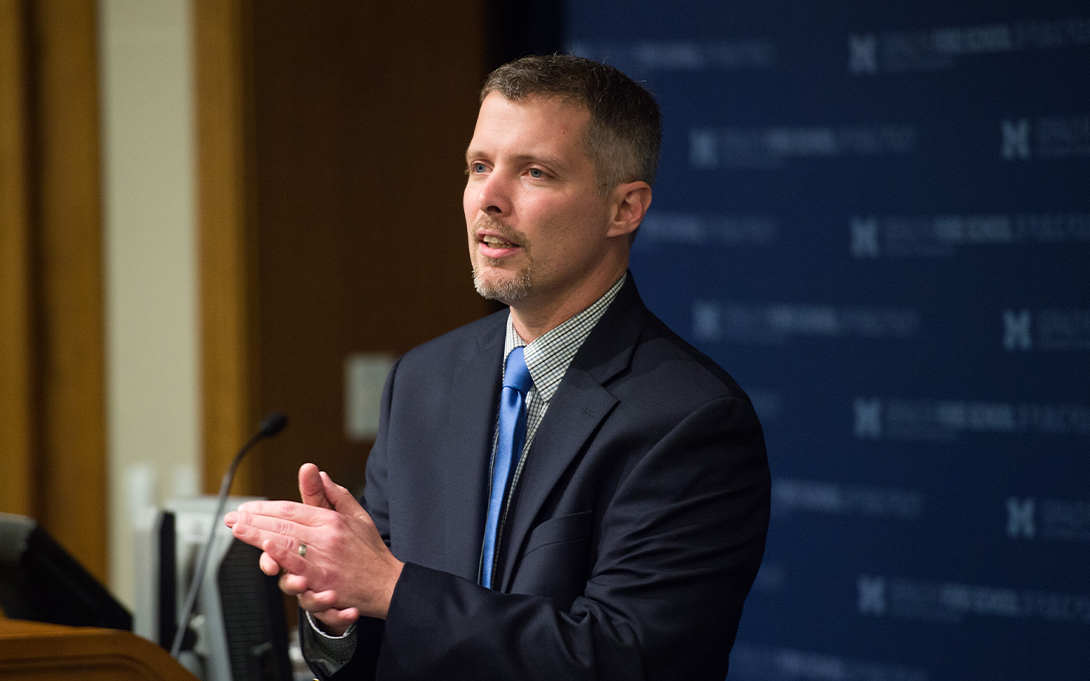
Temporary Assistance For Needy Families, or TANF, was created as part of the 1996 Welfare Reform bill as a way to give cash assistance to those most vulnerable. Yet at a time when millions of Americans are in dire need of cash assistance, the program has not been part of federal coronavirus relief efforts. Luke Shaefer, professor of public policy at the Ford School, said the omission is “pretty astounding” in a May 1 article in HuffPost.
While relief efforts included direct cash payments and expanded unemployment benefits, TANF did not receive additional funding and efforts to waive work requirements failed. “We are starting from scratch and we completely glossed over this other program where this was the intention: to provide cash aid to families with kids,” said Shaefer. “How it got just missed is just pretty astounding.”
Some state-level TANF programs are still operating, but the demand has far exceeded the amount available for assistance. In Ohio, $1.5 million earmarked for TANF was distributed in just one day. In Michigan, TANF applications have doubled. Yet the Senate is expected to propose a new program—separate from TANF—to provide $5 billion worth of grant money for cash assistance to those at 200% of the poverty line or below.
“The fact that this is the biggest response to an economic crisis — it ended up being $2 trillion — and we didn’t include anything for TANF...TANF really is dead as a chapter in our book,” Shaefer said.. “The crux is, what happens when we run out of money?” Shaefer asked.
Read the full article here.
H. Luke Shaefer is professor of public policy and social work at the University of Michigan. He also serves as the inaugural director of Poverty Solutions, an interdisciplinary, presidential initiative at U–M that seeks to partner community stakeholders and scholars to find new ways to prevent and alleviate poverty. Shaefer's research on poverty and social welfare policy in the United States has been published in top peer–reviewed academic journals in the fields of public policy, social work, public health, health services research, and history, and his work has been supported by the National Science Foundation and U.S. Census Bureau among other sources. He has presented his research at the White House and before numerous federal agencies, has testified before the U.S. Senate Finance Committee, and has advised a number of the nation's largest human service providers. His work has been cited in the New York Times, Washington Post, The Economist, The Atlantic, and Los Angeles Times, among other media outlets, and he has been featured on such programs as Marketplace and CNBC's Nightly Business Report. His book with Kathryn Edin, $2.00 a Day: Living on Almost Nothing in America, was named one of the 100 Notable Books of 2015 by the New York Times Book Review, and won the Hillman Prize for Book Journalism among other awards. Shaefer serves on the Commission on Community Action and Economic Opportunity for the State of Michigan. He received his B.A. in politics from Oberlin College and A.M. and Ph.D. from the University of Chicago, School of Social Service Administration.